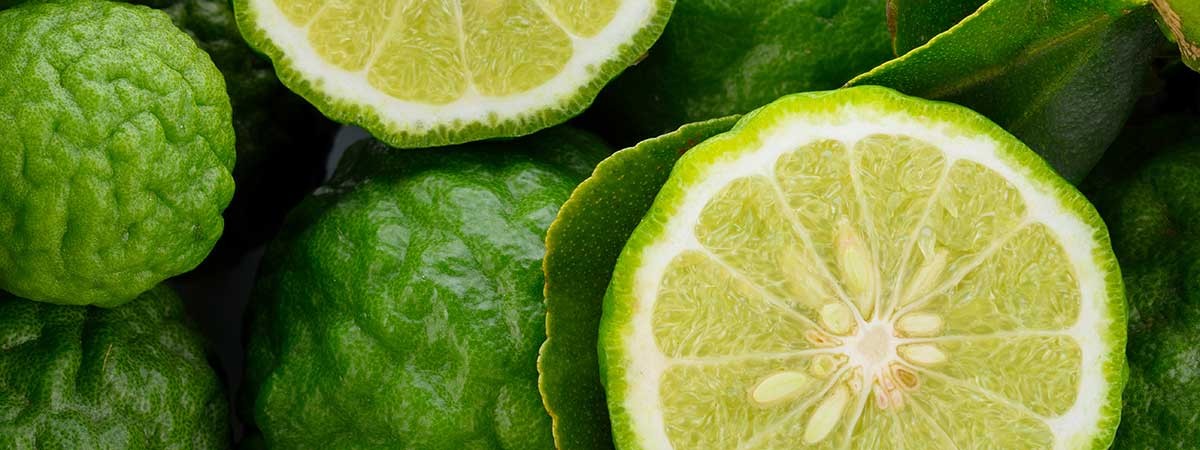Fine Fragrance From Citrus Peels
Vacuum ensures the highest product quality
Essential oils are not only volatile substances, they are also extremely sensitive. Only careful distillation processes can preserve their special quality. Vacuum lowers the boiling point and makes for fine fragrances.Anyone who has read the label on Earl Grey tea has noticed the word "bergamot", which is the substance that lends the popular tea its special flavor. It is less well-known that bergamot is a citrus fruit that was probably cultivated by crossing the bitter orange with the sweet lime or the lemon. An essential oil with the characteristic scent is made from the peel. It is contained in almost all perfumes and many other cosmetic industry products. Vacuum pumps from Busch play a crucial role in its production.
The best from Calabria
Bergamot is primarily harvested in Calabria, a region in southern Italy. Bergamot oil is nearly exclusively produced there. The unique goodness contained in the fruit's skin apparently results from this region's environment – its soil and a climate with prolonged summers, plenty of rain in the spring, and mild winters. Moreover, since 2007 the Consorzio di Tutela del Bergamotto has been monitoring the quality of Calabrian bergamot oil, which is labeled with the seal Denominazione d'Origine Protetta (DOP), a protected designation of origin. Characteristic aromatic oils are also produced from the peels of other citrus fruits in Calabria.
Bergamot oil is a mixture of several dozen different compounds that primarily consist of terpenes and other hydrocarbons. To extract the oil, the fruit peels are first reduced to small pieces and pressed, and the solids are separated in centrifuges. The actual product is subsequently distilled from the residual "raw oil". In a so-called thin-film evaporator, the liquid is passed across the heated wall of the evaporator as a fine film. This very quickly increases the temperature to the boiling point.
Boiling point at ambient temperature
To preserve the sensitive product, the 159° C boiling point at normal pressure is reduced by generating vacuum in the interior of the evaporator. Manufacturers frequently rely on vacuum solutions from Busch for this purpose. Thanks to these solutions,
distillation can even take place at ambient temperature. Furthermore, they facilitate operation of short path distillators – a variant of the thin-film evaporator – that require extremely low pressure.
How did bergamot find its way into the tea?
The most popular legend about the tea suggests that cargo on a sailboat got jumbled together during a storm. Tea leaves were mixed with bergamot. Instead of throwing out the possibly spoiled but expensive colonial goods, a soldier named Earl Grey had the idea of brewing the mixture and trying to drink it. The story sounds good but is far-fetched. For both products to be transported on the same ship, the tea would have had to be from Calabria, or the bergamot would have had to come from China...
The more probable story involves the details of Asian-European tea trade, which was a pioneer of globalization in the 19th century. It had always been a challenge to keep the aroma of the fine leaves intact on the long, damp sea route. Flavoring with various substances and materials increased the shelf life of the tea or at least covered up the stale cargo smell. Bergamot proved to be particularly suitable for this.
British Prime Minister Charles Grey, an English Earl, broke the East India Company's monopoly on tea trade with China in 1833. The prices then fell, making tea affordable for broad swaths of the population. The name of the popular variety was probably a vernacular reverence to the politician's beloved action.
